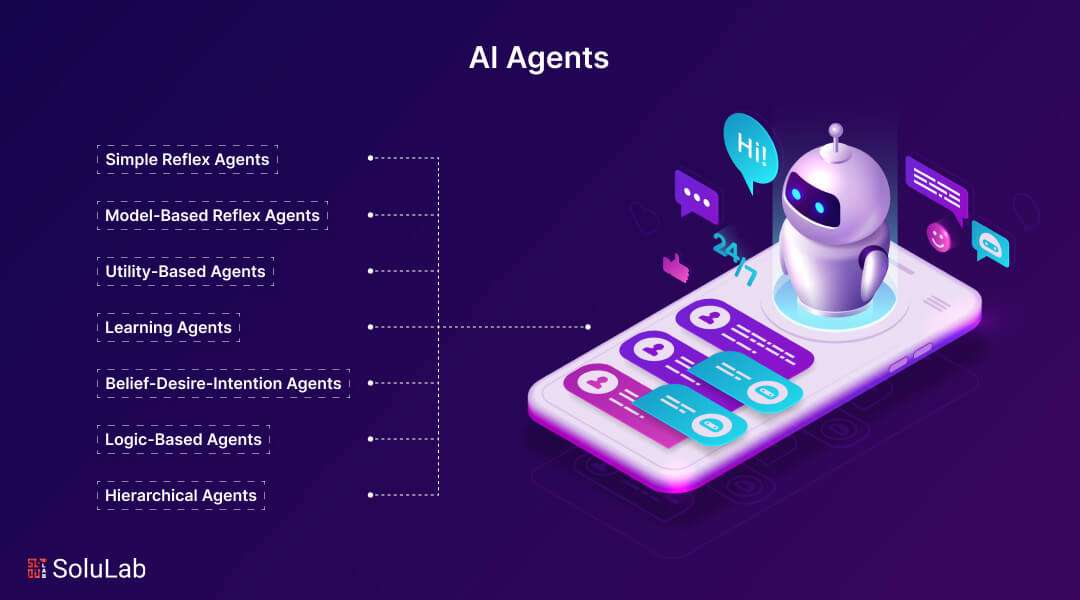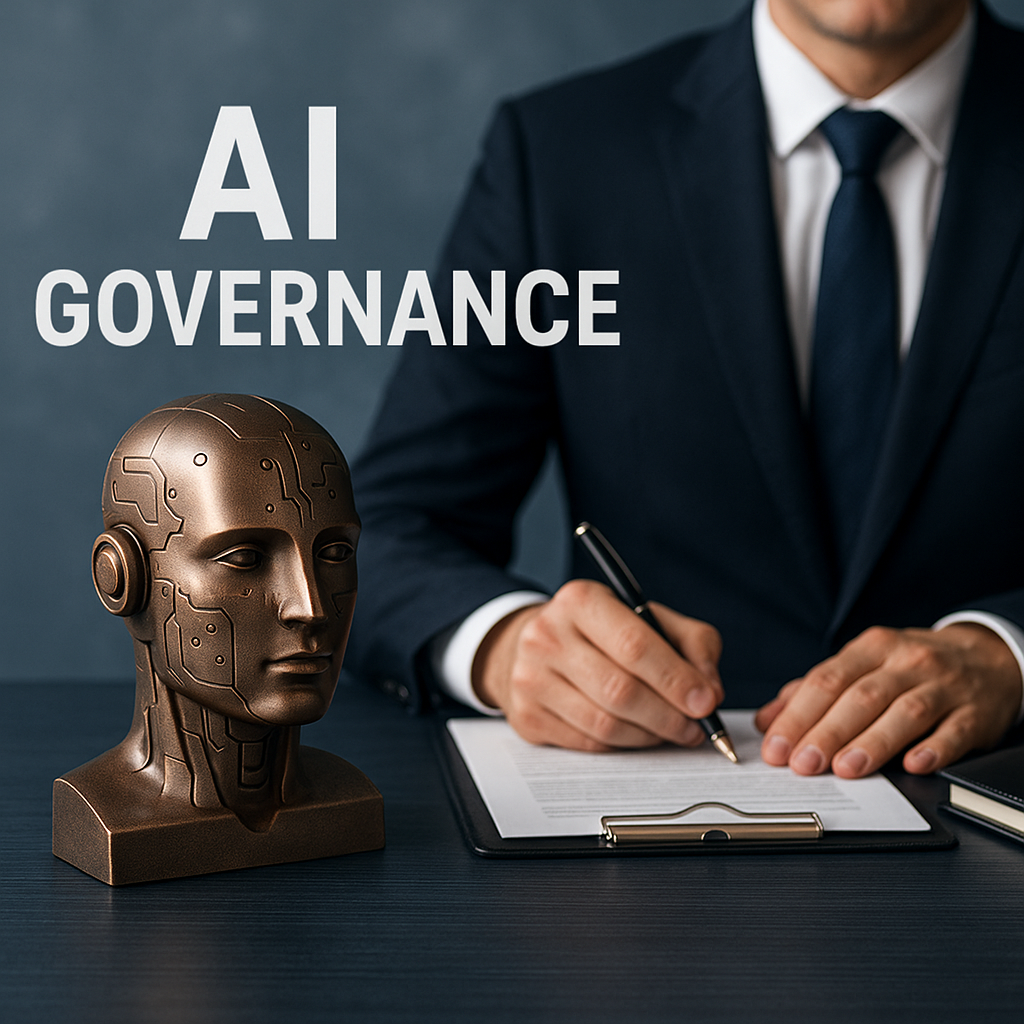
The Evolution of Software Development
Historical Overview
The journey of software development is as fascinating as it is revolutionary. Starting in the 1950s, the field has seen incredible transformations. Early programming was largely about writing a series of simple instructions for computers to follow, using languages like FORTRAN and COBOL. These languages laid the groundwork for more sophisticated coding, leading to the explosion of software developers we see today.
By the 1970s and 1980s, advancements in programming languages, frameworks, and methodologies—such as structured programming—made software development more efficient. Developers began to adopt best practices like version control, facilitating collaboration and reducing errors. The rise of the internet in the 1990s ushered in an era of web development, integrating new tools and platforms into the mix.
In recent years, introducing Agile and DevOps methodologies has further accelerated software development, emphasizing continuous delivery and collaboration between cross-functional teams. This shift was necessary due to the rapid pace at which technology evolves, requiring developers to be more adaptive than ever.
Introduction of AI Agents in Software Development
As we moved into the 21st century, a new player emerged in software development: AI agents. These intelligent systems began to redefine how we approach coding and project management. AI agents can analyze vast amounts of data, recognize patterns, and even automate repetitive tasks, thus taking over aspects traditionally handled by human developers.
Some notable implementations of AI agents include:
- Intelligent Code Review: AI bots can analyze code for quality and best practices.
- Automated Testing: AI can run numerous tests simultaneously, identifying bugs quickly.
- Predictive Analytics: AI agents can forecast project timelines and potential roadblocks.
Integrating these entities enhances efficiency and allows developers to focus on more strategic tasks, making the entire development cycle more productive and innovative. As we continue this discussion, it’s clear that the evolution of software development will be inherently tied to AI agents' capabilities.

Understanding AI Agents
Definition and Functionality
Continuing from our exploration of the evolution of software development, it’s time to dig deeper into what AI agents are. AI agents are sophisticated software systems designed to perform specific tasks autonomously. They leverage machine learning, natural language processing, and data analytics to understand and respond to various scenarios without direct human intervention.
Imagine a personal assistant like Siri or Alexa, but instead of just answering questions, these AI agents can analyze code, suggest improvements, and even write portions of it.
Some key functionalities of AI agents include:
- Automation: They can handle repetitive tasks automatically.
- Learning and Adaptation: They continually learn from user interactions and performance data, improving their functionality.
- Decision-Making: AI agents can interpret data and provide recommendations based on their analysis.
These advanced capabilities make AI agents powerful tools in the software development landscape.
Advantages over Traditional Software
When comparing AI agents to traditional software, the advantages become immediately apparent.
- Efficiency: AI agents can process tasks much faster than human developers or traditional software systems.
- Error Reduction: By automating code reviews and testing, AI significantly decreases the likelihood of human error.
- Resource Optimization: Developers can allocate their time to more complex problem-solving tasks, rather than tedious, repetitive duties.
- Scalability: As projects grow, AI agents can quickly scale to handle increasing demands.
Incorporating AI agents into software workflows enhances productivity and stimulates innovation. The remarkable insights from vast data analytics enable teams to make informed decisions and foster creativity in software development. This transformation is more than just an upgrade; it is a paradigm shift shaping the future of how we build software.
Applications of AI Agents
Automation of Tasks
Building on the advantages of AI agents, one of their most impactful applications lies in automation. The ability to automate mundane and repetitive tasks not only boosts productivity but also enhances accuracy. For instance, consider a software development team that spends countless hours manually testing code for errors. Incorporating an AI agent can instantly transform this process.
Here are some key tasks that AI agents can automate:
- Code Testing: AI agents execute test cases and provide instant feedback, allowing developers to focus on creating innovative features.
- Deployment Processes: Automating deployment helps teams quickly release updates without the fear of human error slipping through.
- Data Entry and Management: AI agents can collect, input, and manage data without human oversight, vastly improving workflow efficiency.
Enhancement of User Experience
Another remarkable benefit of AI agents is their ability to enhance user experience significantly. They personalize interactions and streamline user journeys, providing a more engaging and satisfying interface.
For example, think about the chatbots that assist users on various platforms. They can:
- Provide Instant Support: Users can receive immediate answers to their queries at any time of the day.
- Customize Recommendations: By analyzing user behavior, AI agents can suggest relevant products or content, enhancing user satisfaction.
- Simplify Processes: AI can guide users through complex tasks, offering a more intuitive application experience.
Industry-specific Implementations
AI agents are not limited to just one sector; they have become integral across various industries.
- Healthcare: AI agents are used to analyze patient data, predict health outcomes, and even assist in diagnosis.
- Finance: In the financial sector, AI algorithms detect fraud patterns and automate trading strategies.
- Retail: Retailers employ AI to manage inventory and analyze customer purchasing behavior, enhancing both supply chain management and marketing strategies.
The versatility of AI agents allows them to adapt to specific business needs, making them valuable assets across industries. As more organizations embrace these technologies, the possibilities seem endless, promising a brighter, more efficient future.

Challenges and Limitations
Ethical Considerations
While the advancements of AI agents bring substantial benefits, they also divulge a realm of ethical considerations that cannot be ignored. As organizations increasingly deploy these intelligent systems, the ethical implications surrounding their use become crucial to address.
For instance, a common concern is bias in AI algorithms. The resulting decisions can propagate discrimination if the data used to train these agents contains inherent biases. This becomes particularly critical in hiring, lending, and law enforcement sectors, where biased outcomes can have serious consequences.
Key ethical considerations include:
- Transparency: Users should clearly understand how AI agents make decisions.
- Accountability: Establishing who is responsible when AI decisions lead to adverse outcomes is essential.
- Privacy: To maintain user trust, safeguarding personal data utilized by AI systems must be prioritized.
Potential Risks and Concerns
Alongside ethical dilemmas, there are inherent risks and concerns associated with AI agents. These include:
- Job Displacement: Automation can lead to the loss of jobs traditionally held by humans. While it creates new roles, the transition can be challenging and uncertain for many workers.
- Security Vulnerabilities: AI systems can be targets for malicious attacks. If hijacked, they could undermine operational integrity or compromise sensitive data.
- Over-Reliance on Technology: Developers risk becoming overly dependent on AI agents, potentially neglecting their critical thinking and problem-solving skills.
Navigating these challenges requires a balanced approach. Organizations must actively engage in dialogues about ethical practices and implement strategies to mitigate risks while fully utilizing AI agents' benefits. Striking this balance will help pave the way for a responsible and sustainable integration of AI into our society.

Future Outlook
Growth and Expansion of AI Agents
As we look toward the future, the growth and expansion of AI agents appear inevitable. The technology landscape is evolving unprecedentedly, and AI agents are leading the charge in transforming how businesses operate.
Research indicates that the demand for AI integration is set to rise dramatically, as organizations recognize the value these systems bring. Some key trends shaping the future include:
- Increased Collaboration: AI agents will work alongside human teams more effectively, enhancing productivity while preserving the unique insights only humans can provide.
- Enhanced Capabilities: Expect AI agents to become even smarter, with natural language processing and machine learning advances leading to more intuitive interactions.
- Wider Adoption Across Industries: From finance to healthcare, industries that have yet to embrace AI will likely follow suit, harnessing its innovation potential.
Predictions for the Future of Software Development
The implications for software development are equally exciting. Many predict that the next generation of developers will function as “AI trainers,” focusing on refining algorithms rather than writing extensive lines of code.
Here are some predictions for the future of software development:
- Low-Code/No-Code Platforms: These platforms will gain traction, enabling non-developers to create applications with the assistance of AI agents, democratizing software creation.
- Emphasis on Cybersecurity: As reliance on AI grows, cybersecurity measures will need to become tighter to address vulnerabilities in AI systems.
- Agile and Adaptive Approaches: Development methodologies will evolve to incorporate continuous learning from AI agents, allowing for more responsive software updates and features.
The horizon for AI agents in software development holds endless possibilities. These advancements promise to streamline processes and foster a new era of creativity and exploration, reshaping the industry as we know it. The journey ahead is as thrilling as it is transformative, and it is essential that stakeholders remain vigilant in navigating this dynamic landscape.

Case Studies and Success Stories
Examples of AI Agents Replacing Traditional Software
Transitioning from our exploration of the future outlook for AI, it’s fascinating to look at case studies where AI agents have successfully replaced traditional software. One prominent example is customer service, where chatbots powered by AI have significantly changed the landscape.
Companies like Zendesk and Drift have implemented AI chat agents that handle customer queries autonomously, allowing businesses to serve clients round-the-clock without human intervention. These AI chatbots can learn from interactions and adapt their responses over time, streamlining customer service operations while enhancing user satisfaction.
Other notable instances include:
- Salesforce: Their AI assistant, Einstein, automates leads’ scoring, making it easier for sales teams to prioritize their efforts based on data-driven insights.
- IBM Watson: In healthcare, Watson replaces traditional diagnostic software, analyzing patient information and suggesting treatment plans with remarkable accuracy.
Impact on Businesses and Industries
Adopting AI agents is not just a technological upgrade; it’s reshaping businesses and entire industries. The speed and efficiency of AI enable organizations to become more agile.
Here’s how the impact unfolds:
- Cost Savings: By automating routine tasks, businesses can reduce labor costs significantly. For instance, a financial institution utilizing AI for fraud detection has reported savings of millions by preventing fraudulent transactions.
- Increased Productivity: Companies leveraging AI tools often see higher output. For example, software development firms employing AI for code reviews have shortened their development cycles, allowing them to focus on more strategic initiatives.
- Enhanced Decision-Making: AI's analytical capabilities provide businesses with deeper insights, enabling better forecasting and strategic planning.
These case studies illustrate the transformative power of AI agents and highlight a trend sweeping across industries. We can anticipate even greater efficiencies and innovations as organisations continue to embrace these technologies. The journey is just beginning, and the successful integration of AI agents will increasingly define competitive advantages.




